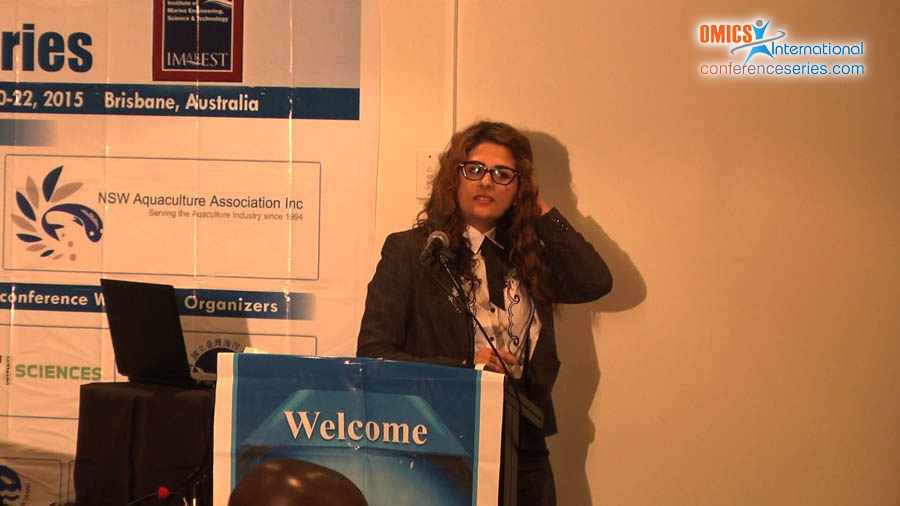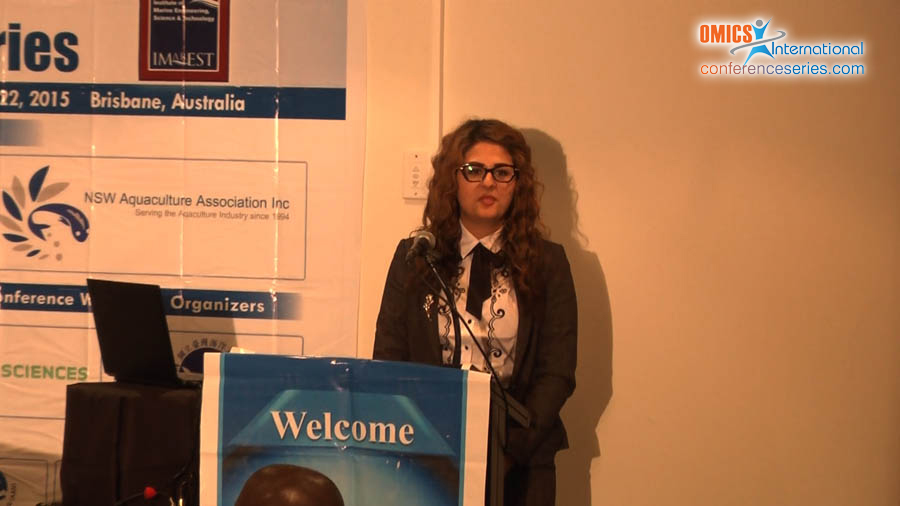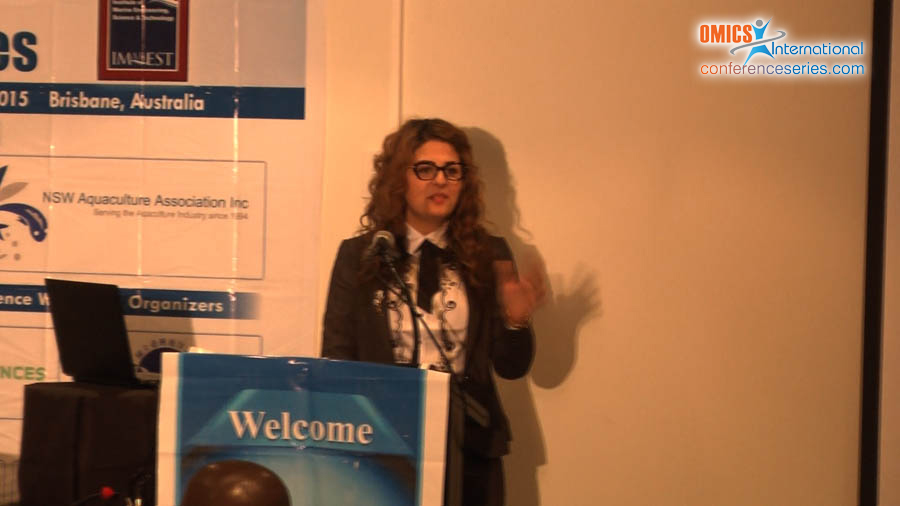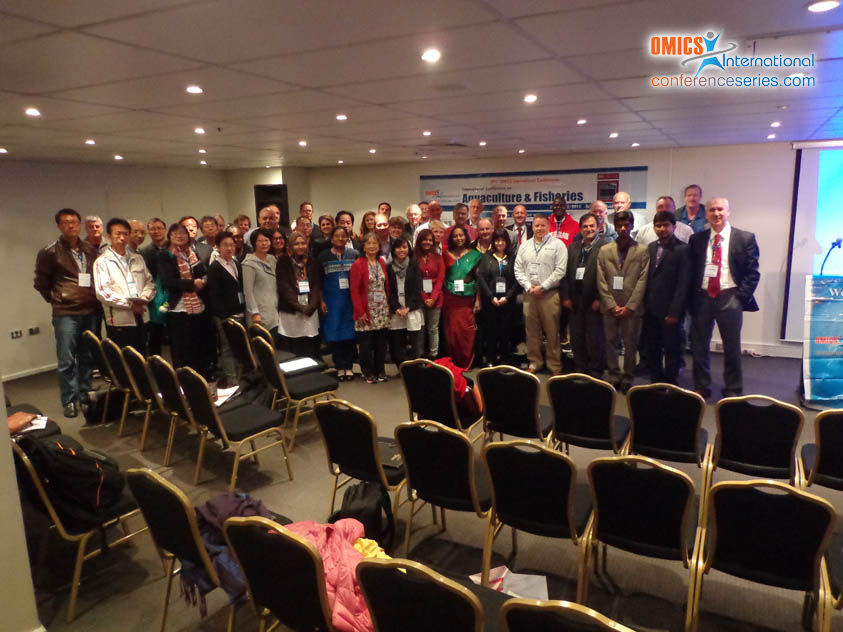
Nastaran Mazloumi
University of Adelaide
Australia
Title: Swimming performance of juvenile temperate fish in response to climate change
Biography
Biography: Nastaran Mazloumi
Abstract
Climate change is predicted to affect populations of marine fish through effects on swimming behavior. Warming causes impairment of oxygen consumption and locomotion in ectotherms. We used generalized linear mixed model (GLMM) to determine the influence of four different temperatures (16, 19, 22 and 25°C) and two different levels of salinity (30ppt and 40ppt) on critical swimming performance (Ucrit) of juvenile King George whiting (Sillaginodes punctatus), a commercially and recreationally important temperate fish in southern Australia. When estimated the critical swimming performance (Ucrit) of the juveniles. Differences in Ucrit were largely explained by Salinity and increased by increasing salinity from 30 to 40ppt. Findings from the present study demonstrated that, despite of no meaningful relationship between the Ucrit and temperature at salinity 30ppt, Ucrit was higher in 22°C, at salinity 40ppt in compare with other temperatures. Evaluating physiological responses of juvenile fish to climate change is beneficial for understanding a thermal niche of individuals and estimating their adaptation to warming.





